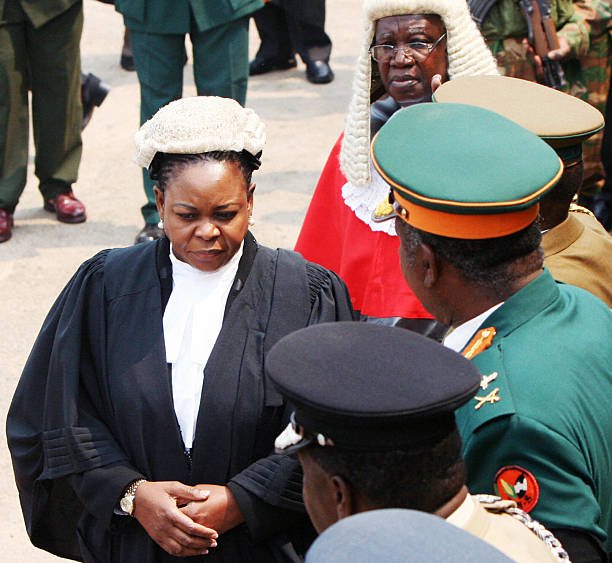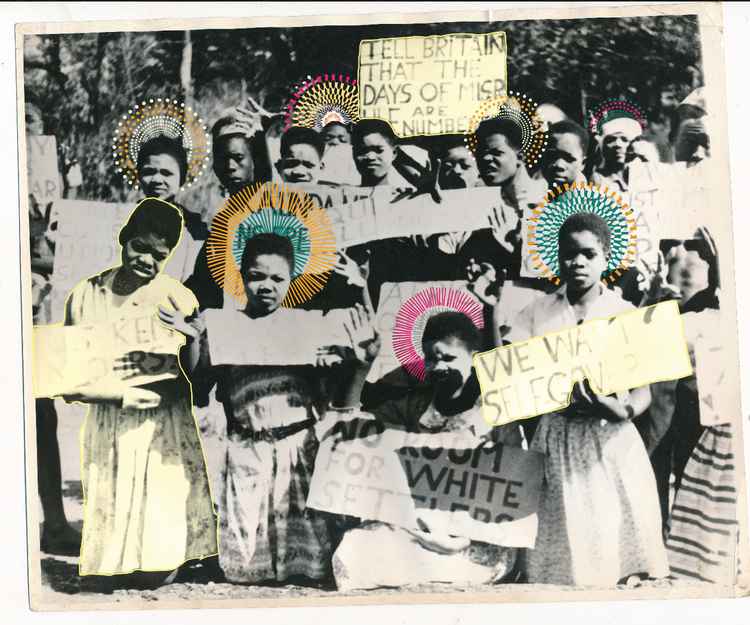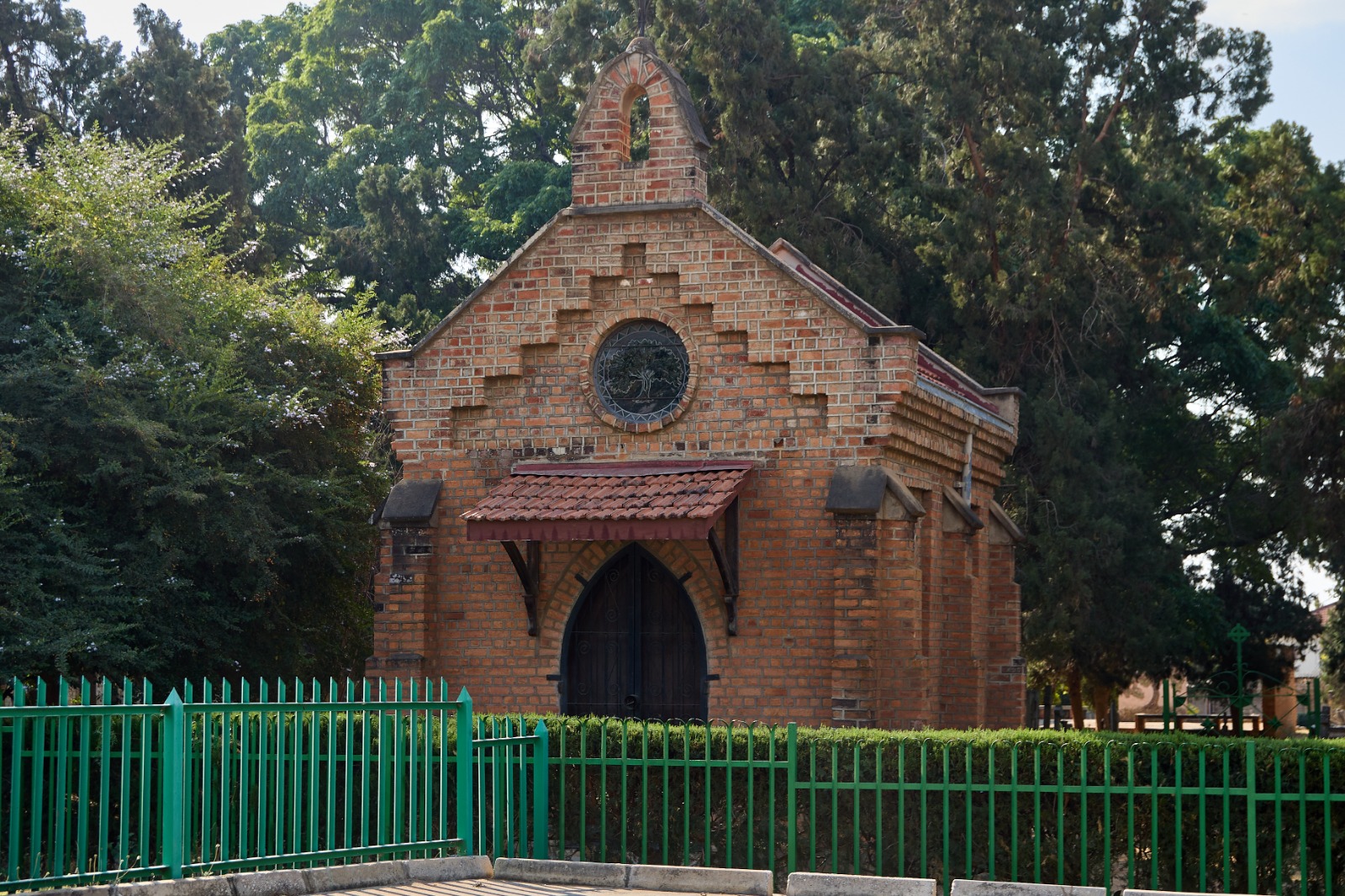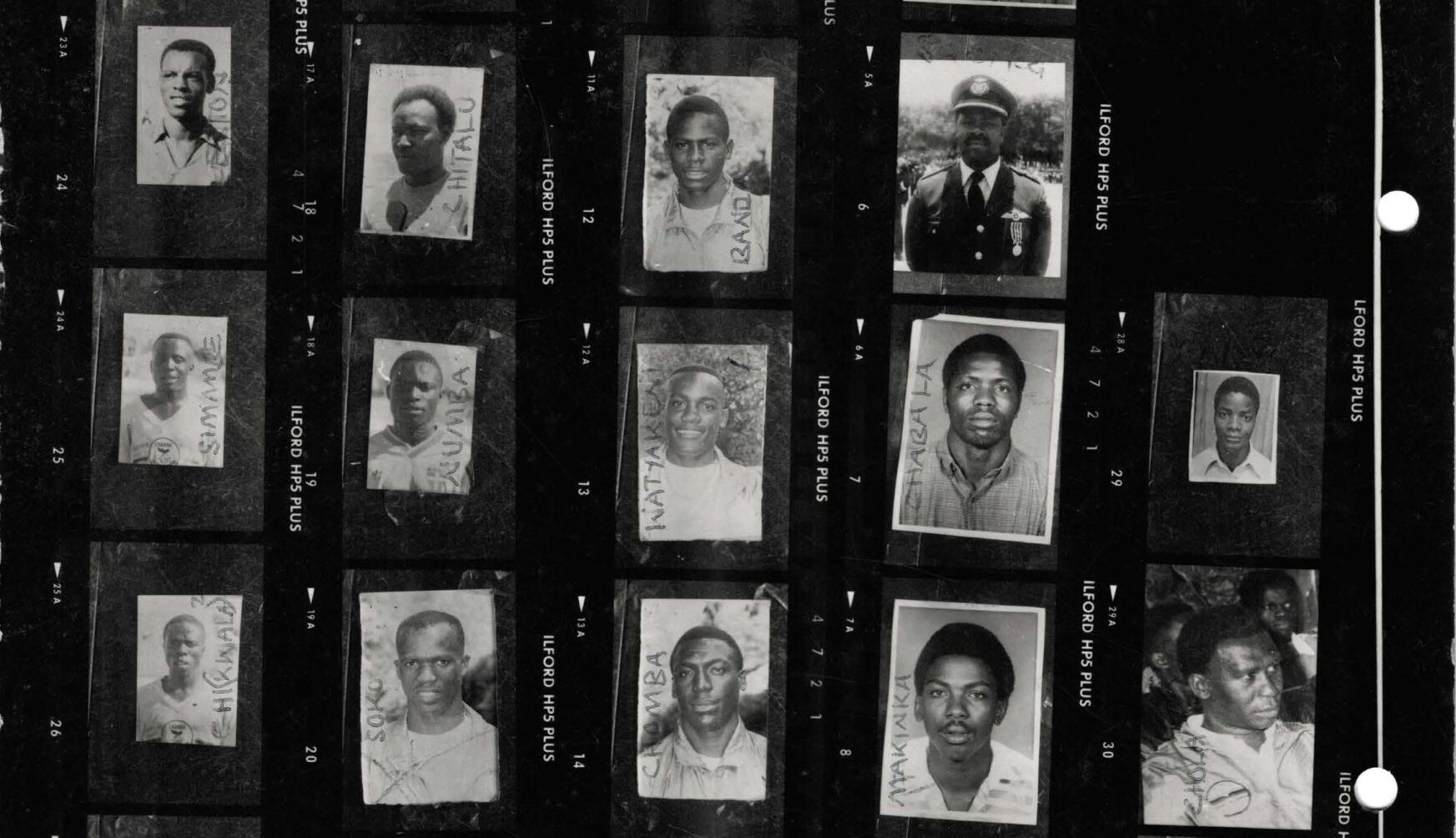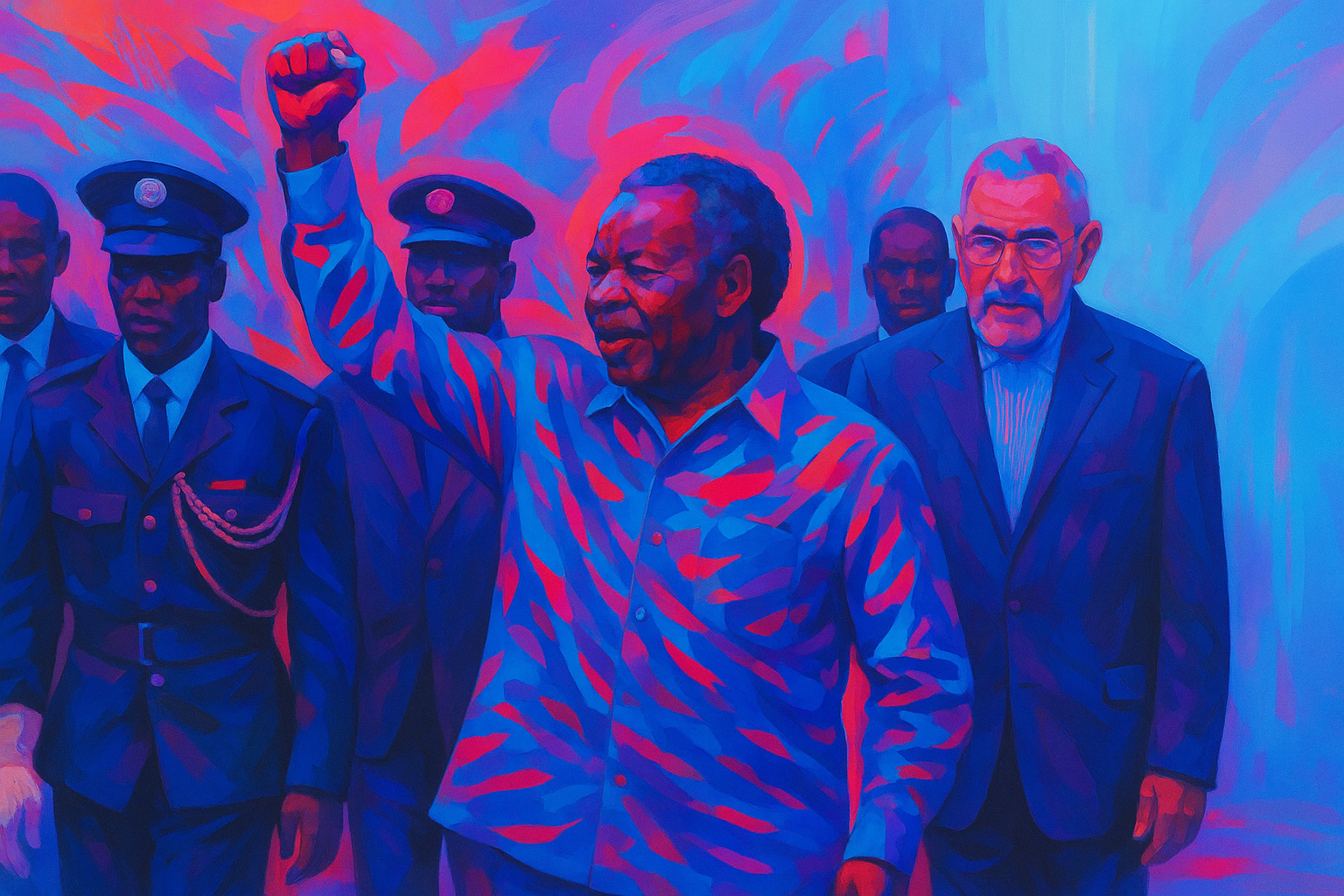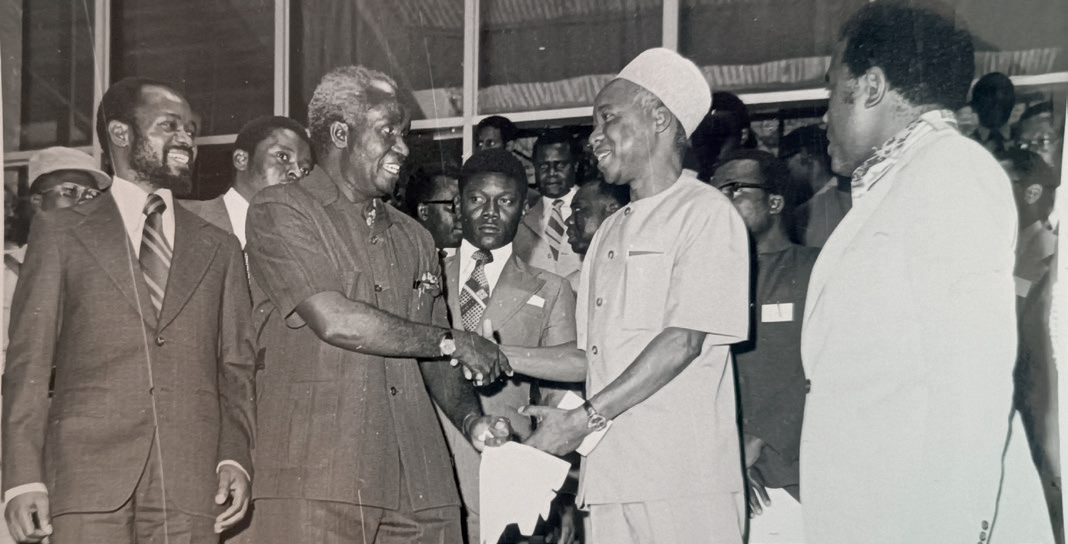From independence to date, the women who've stood beside Zambia's presidents have used that platform to push for real change—fighting for children's health, speaking out about HIV/AIDS when nobody else would, and creating programs that still impact lives today.
Here's something they don't teach in Civics class: the position of First Lady isn't actually in the Constitution. There's no job description, no salary, no official duties. Yet somehow, it's become one of the most visible platforms in Zambian politics.
Since 1964, the women who've held this title have taken something unofficial and turned it into real influence. Some used it to advocate for healthcare, others championed education or spoke up for vulnerable children.
The First Ladies of Zambia
Betty Kaunda (1964-1991)
Married to Kenneth Kaunda, the father of the nation, Betty could have easily stayed in the background. Instead, she became known as "Mama Betty" and used her position to focus on what mattered to everyday Zambians, particularly women and children in rural areas.
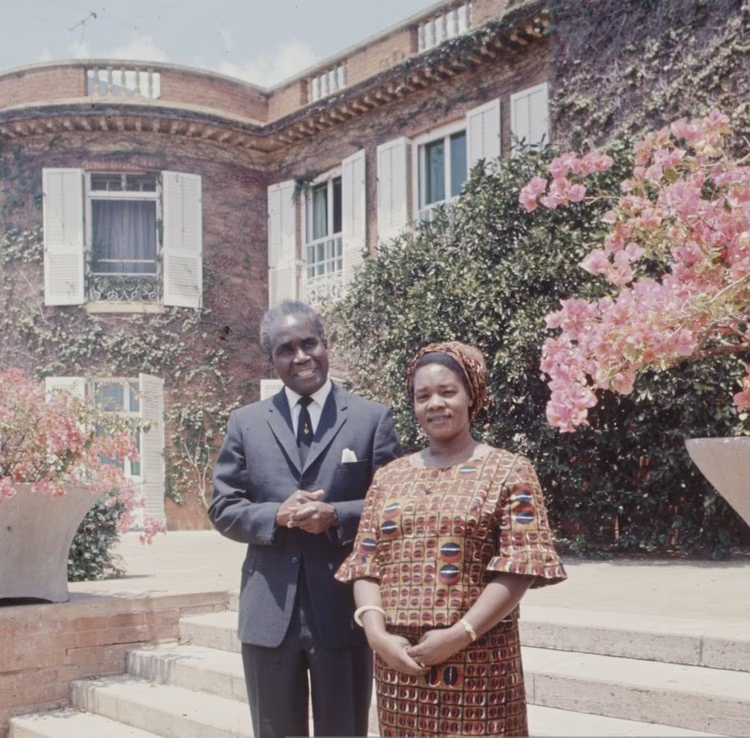
She didn't make grand speeches or launch campaigns. Her approach was more personal, more grassroots. She'd visit villages, talk to mothers about their struggles, and push for programs that addressed real needs. That connection earned her a title that's stuck for decades, "Mother of the Nation."
Vera Chiluba (1991-2001)
When Frederick Chiluba became president, marking Zambia's transition to multiparty democracy, Vera Chiluba stepped into a role that was being redefined in real-time.
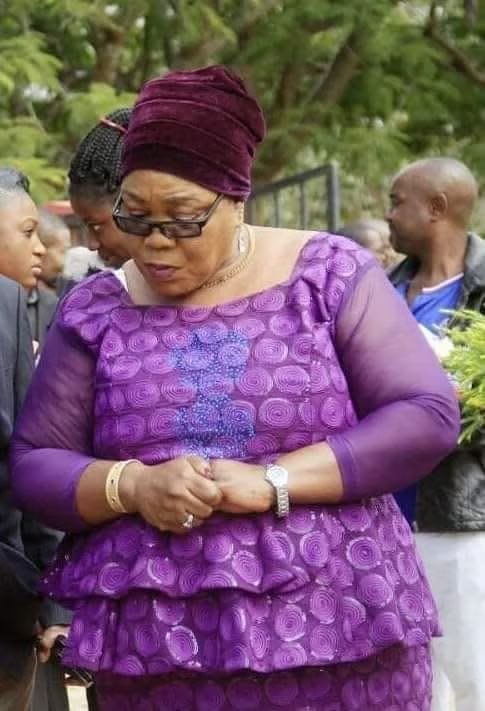
Her tenure coincided with massive political and economic shifts. The country was opening up, liberalising, and figuring out what democracy actually looked like in practice. During this period, the First Lady's role started to become more visible, more public-facing.
Maureen Mwanawasa (2002-2008)
Maureen Mwanawasa became a strong advocate for safer sex and public health awareness in the early 2000s, when talking about HIV/AIDS openly was considered taboo and stigma around HIV/AIDS was still crushing people in silence.
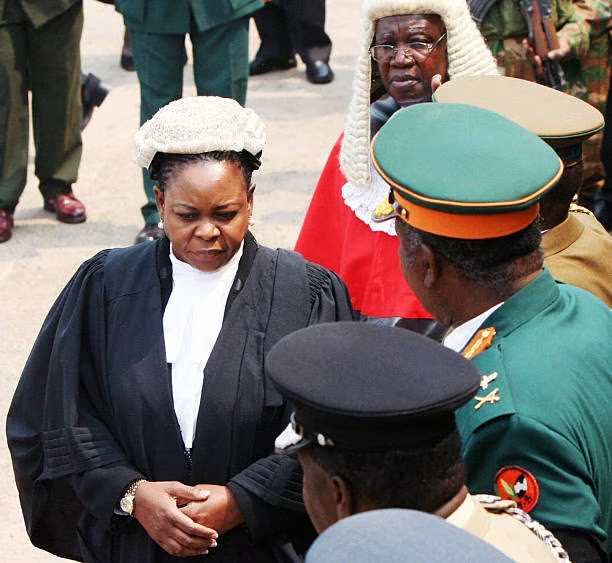
Her advocacy changed lives. It made testing less scary, made treatment less shameful, and made the whole conversation more human.
Thandiwe Banda (2008-2011)
When President Rupiah Banda took office, his wife Thandiwe brought her own focus to the role. She worked particularly on women's empowerment and education initiatives.
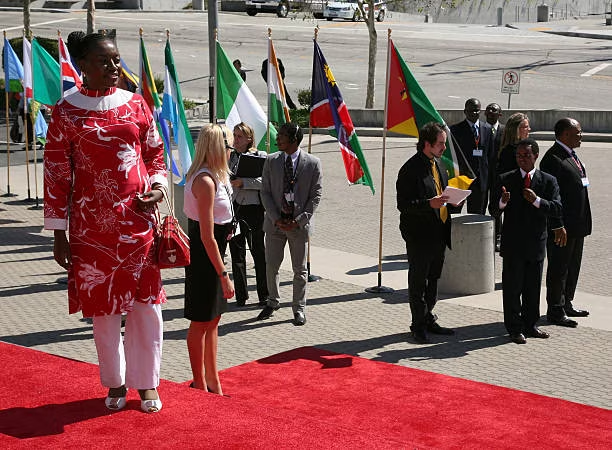
Her tenure was shorter, but she continued building on the foundation her predecessors had laid, particularly around issues affecting women and children.
Christine Kaseba (2011-2014)
When Michael Sata became president, his wife Christine Kaseba wasn't just a First Lady but a trained surgeon with a medical background. She brought that expertise to her advocacy work, focusing heavily on maternal and child health.
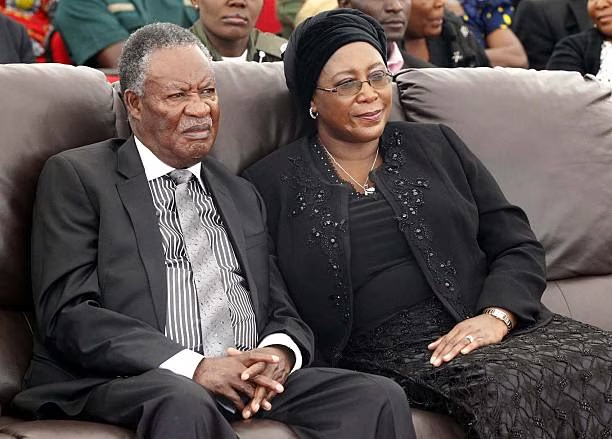
The World Health Organisation took notice and appointed her as a Goodwill Ambassador. This meant she was representing Zambian health concerns on a global stage. She launched programs, spoke at international conferences, and used her medical knowledge to push for evidence-based health policies.
Esther Lungu (2015-2021)
Esther Lungu took a more institutional approach. She founded the Esther Lungu Foundation, which focused on education, healthcare, and supporting vulnerable communities.
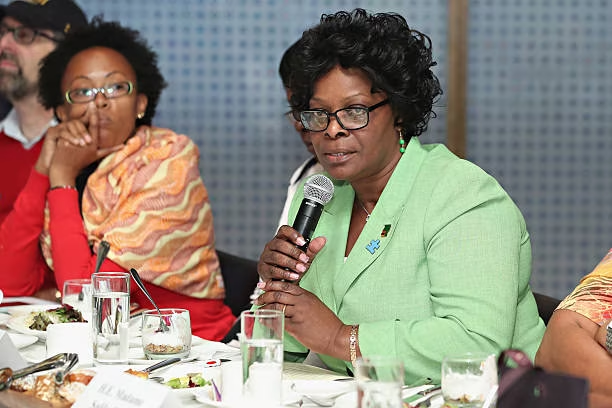
She also continued the tradition of health advocacy, particularly around issues affecting women and children. Her foundation work created structures that could potentially outlast her time as First Lady.
Mutinta Hichilema (2021-Present)
When Hakainde Hichilema became president in 2021, his wife, Mutinta, stepped into a role that now had over 50 years of history behind it.
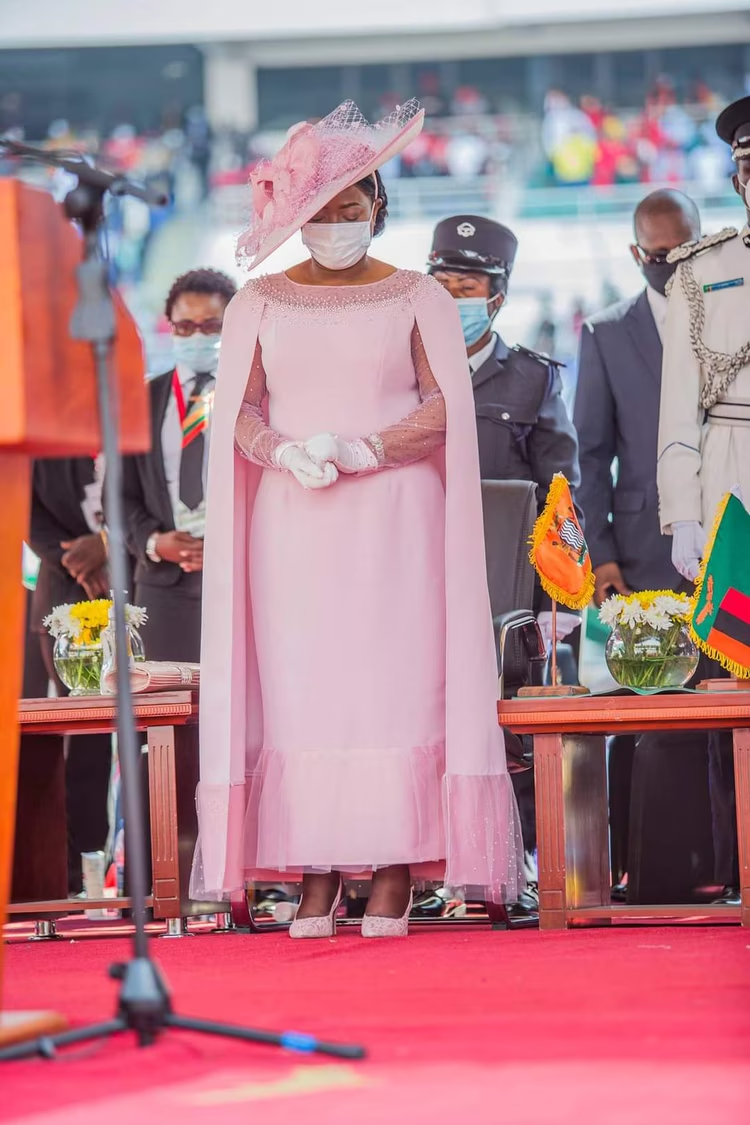
She's committed to humanitarian causes and has active involvement in community development programs across Zambia. In many ways, she represents how the role has evolved; it's now expected that the First Lady will have her own agenda, her own causes, her own voice.
What the Role Says About Us
The evolution of the First Lady position mirrors Zambia's own journey. Today, there's an expectation that comes with the position. First Ladies are expected to champion causes, speak up, and use their title for the country's greater good.
What's inspiring about this is that none of these women were given a rule book or job description telling them what a First Lady should do or care about. They saw an opportunity, undefined, unofficial, but powerful and decided what to do with it.
